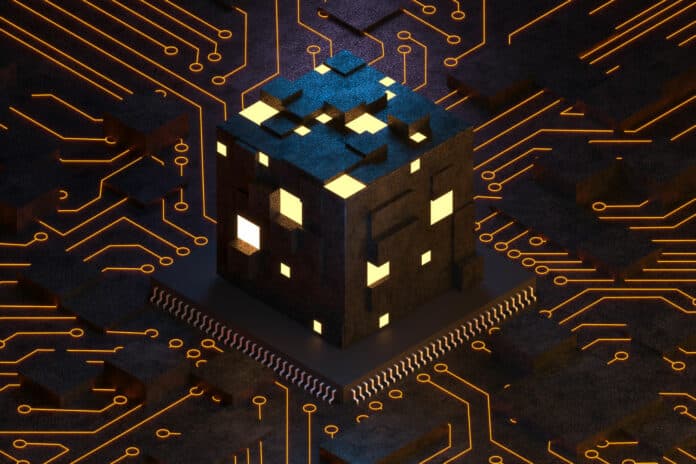Boston-based QuEra Computing announced a bold strategic roadmap for a series of error-corrected quantum computers, starting in 2024 and culminating in a system with 100 logical error-corrected qubits. This is a huge milestone for the future of quantum computing.
Quantum error correction is a crucial aspect of quantum computers as it addresses the fragility of quantum states and the susceptibility of qubits to interference from their environment. Implementing error correction protocols enables quantum computers to maintain the integrity of quantum information, which is essential for performing complex calculations.
QuEra has recently provided the first commercial error-corrected system, which sets a new standard in performance and usability. With error correction, quantum systems can be made more reliable and scalable, opening up new possibilities in fields like materials science, drug discovery, and optimization problems.
QuEra’s roadmap outlines a three-phase release of its quantum computers. The first phase is set for 2024, where they plan to launch a quantum computer with ten logical qubits and over 256 physical qubits. They also plan to introduce a unique transversal gate capability, making this system inherently error-resistant. Additionally, QuEra will release a logical qubit simulator in the first half of 2024 to help assess and prepare algorithms for the upcoming era of error correction.
In 2025, they plan to release an enhanced model with 30 logical error-corrected qubits with magic state distillation supported by over 3,000 physical qubits. This development will enable the execution of non-Clifford gates, which are crucial for universal quantum computations.
Finally, QuEra plans to introduce a third-generation quantum error-corrected model in 2026, with 100 logical qubits and over 10,000 physical qubits. This development will push quantum computing beyond the limits of classical simulation and usher in a new era of discovery and innovation.
There is ongoing research in various institutes and companies, such as QuEra, to reduce errors in quantum computing. One of the approaches being used is entanglement, where data is stored in multiple locations to minimize the chances of errors. Another approach involves applying error correction codes to regular qubits, which verifies and corrects the errors before proceeding with calculations.
Google’s Quantum AI lab has demonstrated an error rate of 2.9%, and the University of Oxford has managed an error rate of less than 0.01% using logical qubits. QuEra has demonstrated quantum computers with 48 logical qubits and an error rate of 0.5%, which is the largest number of logical qubits tested on a quantum computer to date.
